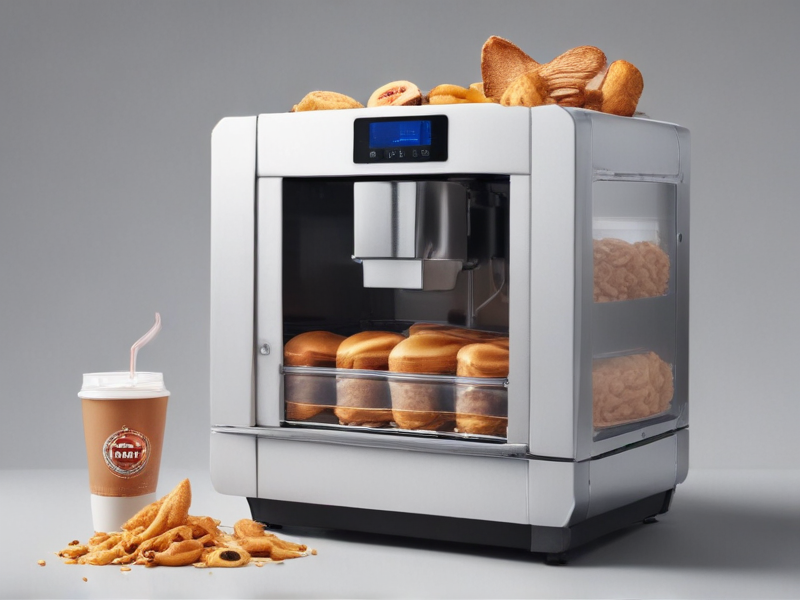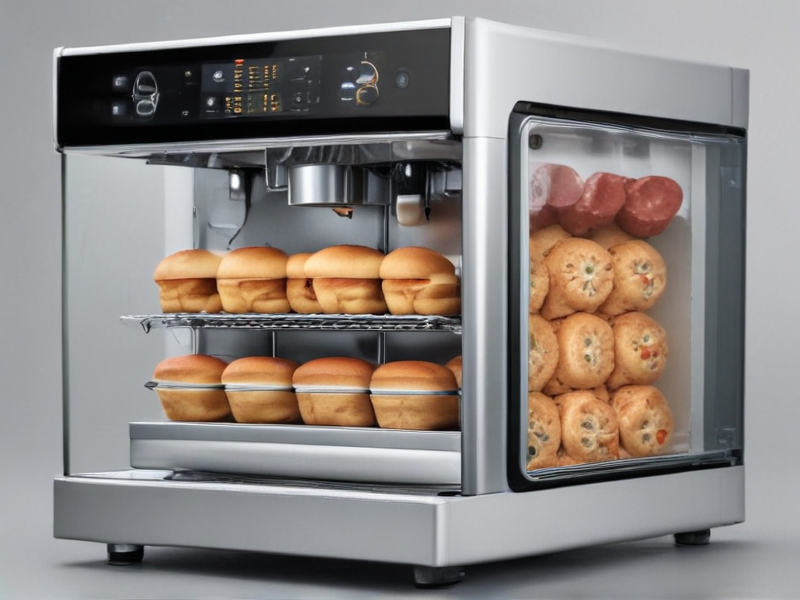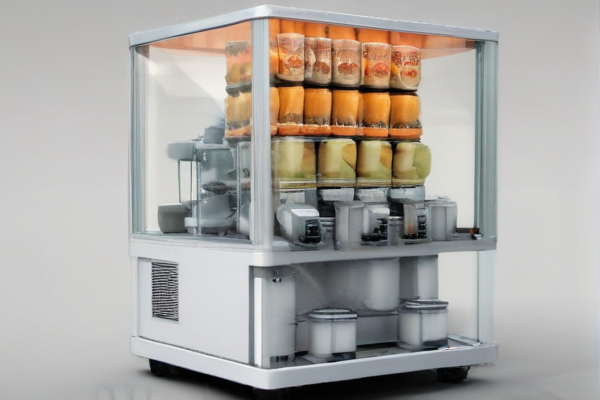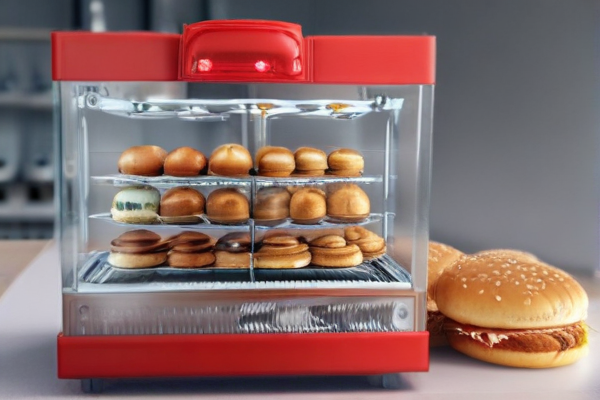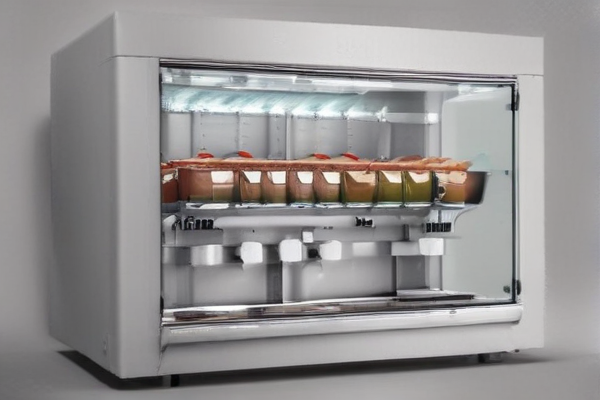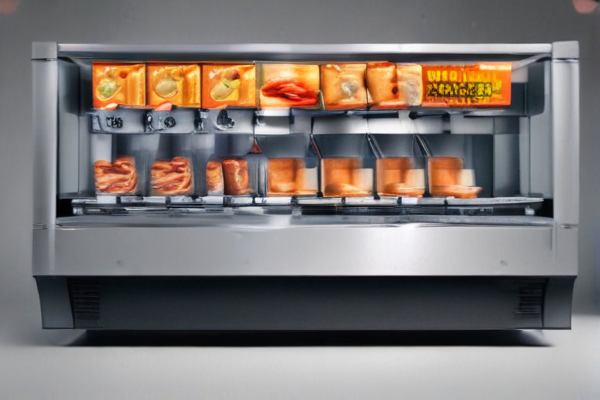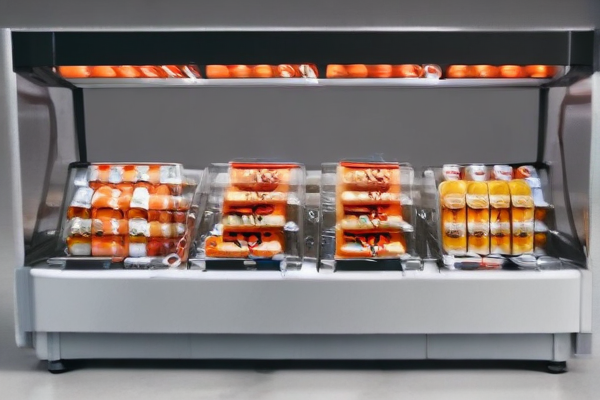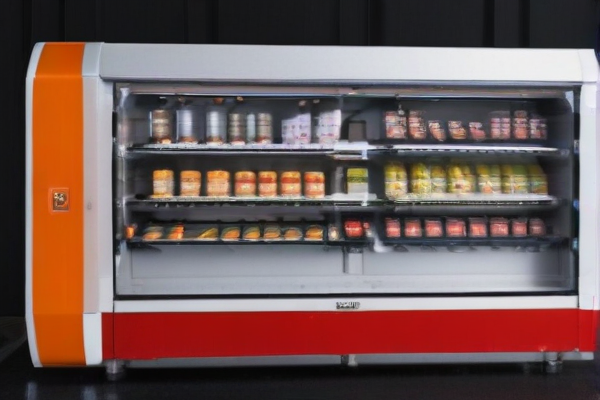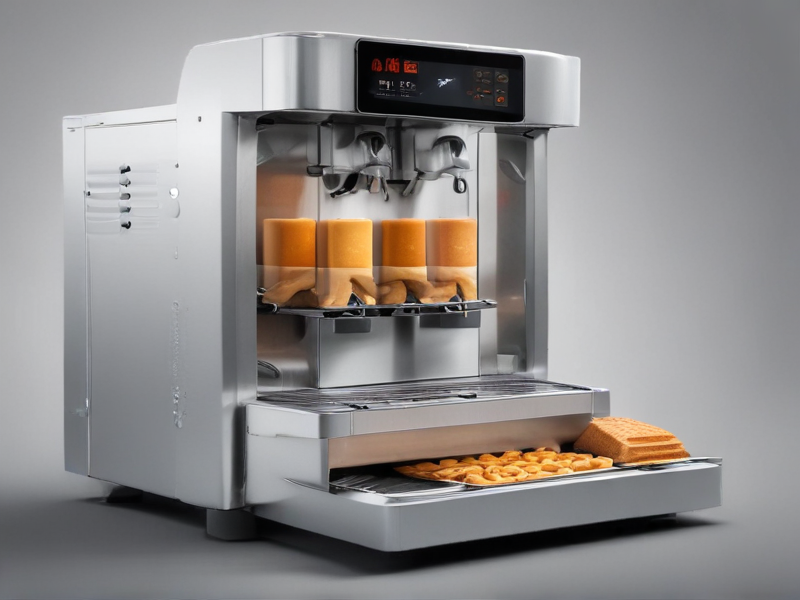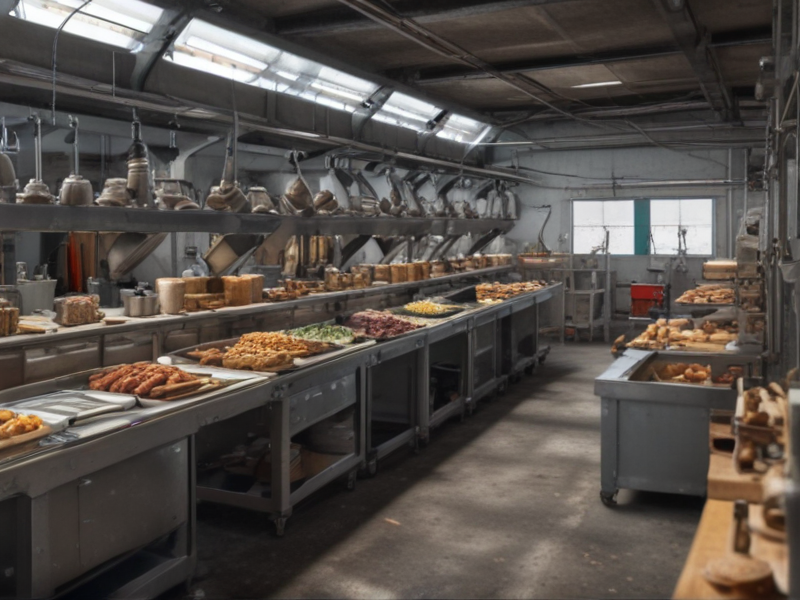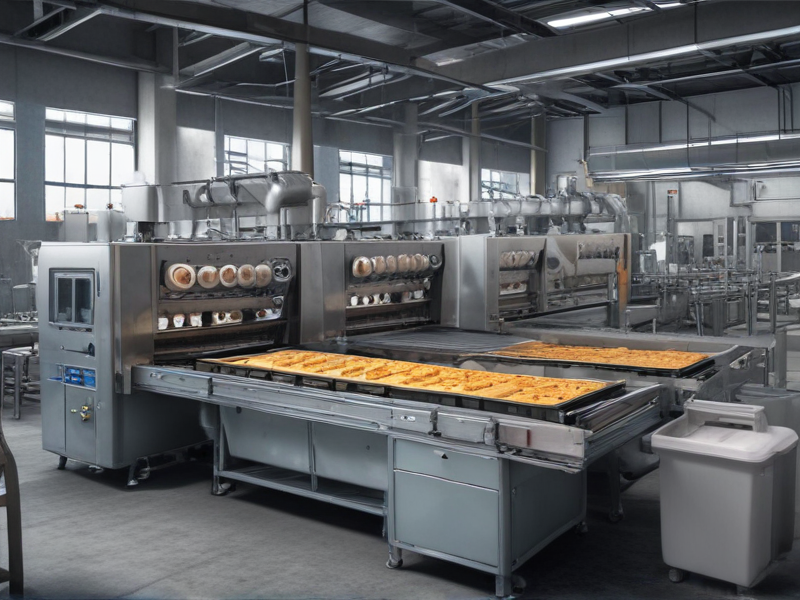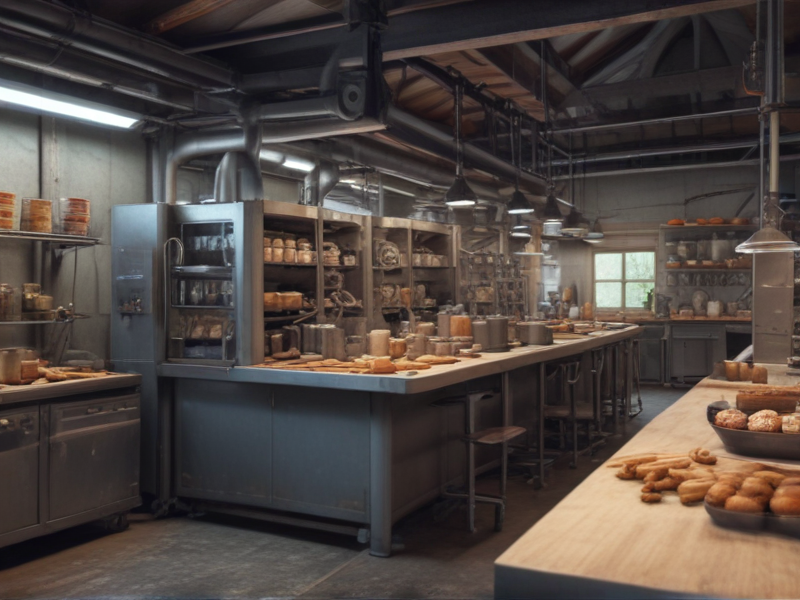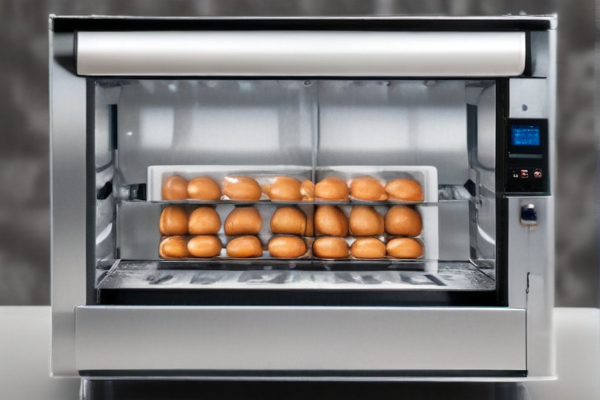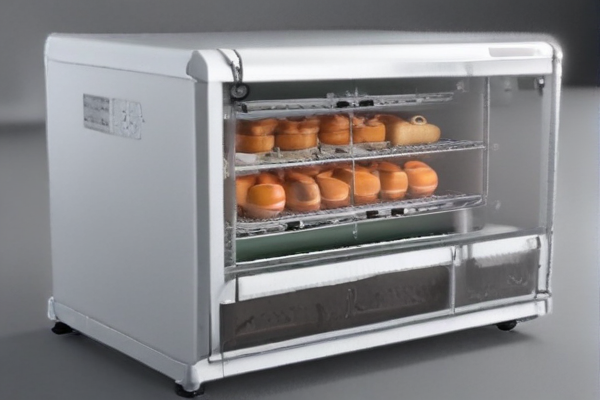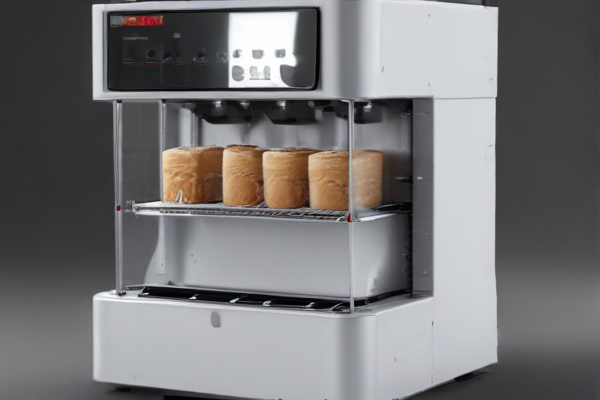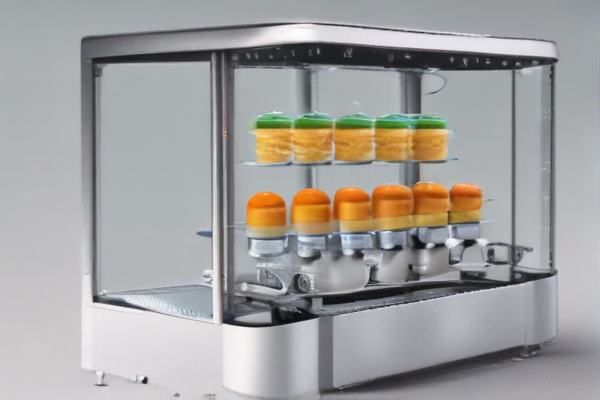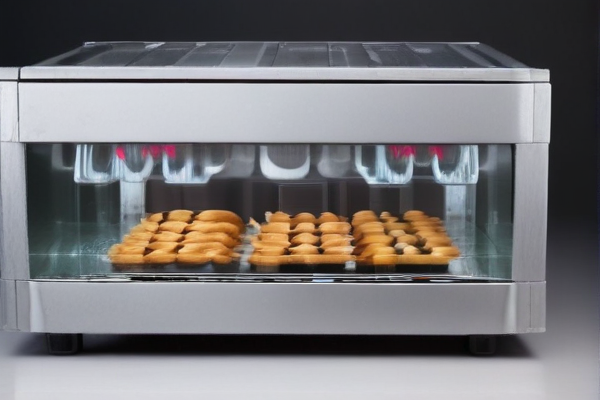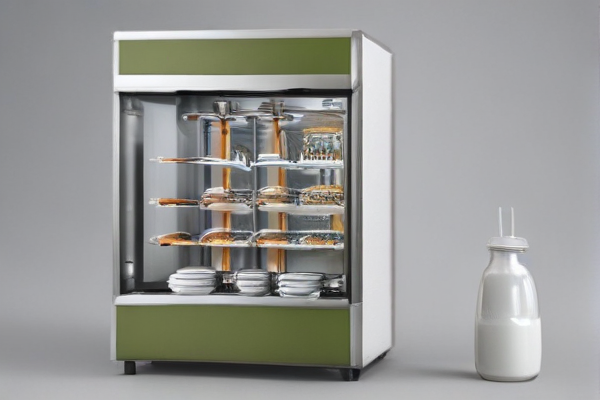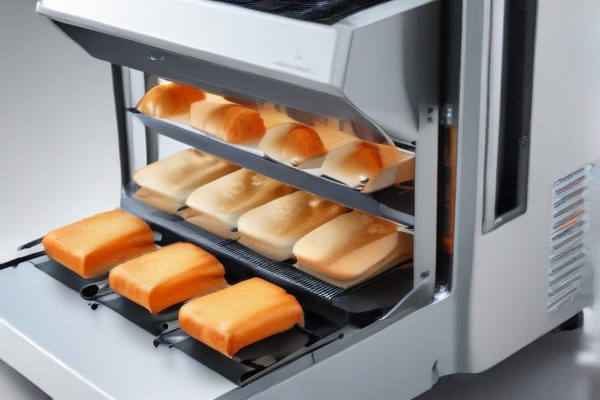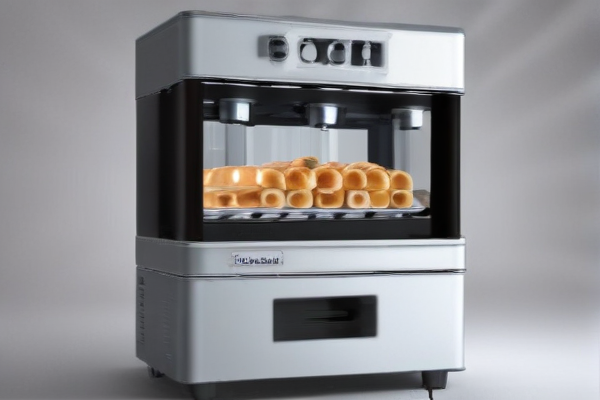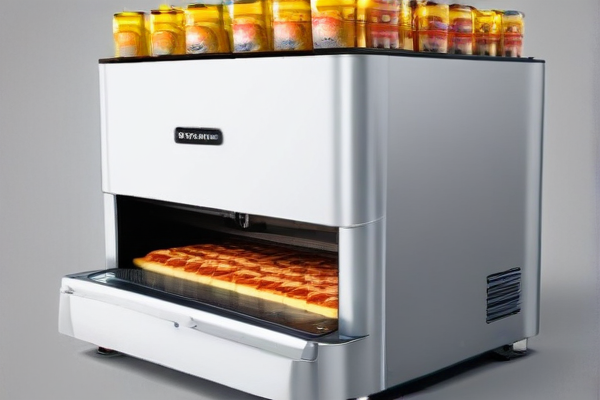Here are some frequently asked questions (FAQ) about the quality of food machines manufactured by CustomProc Factory, along with their answers:
1. What types of food machines does CustomProc Factory manufacture?
CustomProc Factory specializes in the production of various food processing machines, including mixers, slicers, grinders, ovens, and packaging equipment suitable for a wide range of food products.
2. Are CustomProc’s food machines made from high-quality materials?
Yes, all CustomProc food machines are made from high-quality stainless steel and food-grade materials to ensure durability, hygiene, and compliance with industry standards.
3. Do these machines comply with international safety and hygiene standards?
Absolutely. CustomProc ensures that all their machines adhere to international safety and hygiene standards, including ISO, CE, and FDA certifications.
4. Can I customize the machines for my specific needs?
Yes, CustomProc offers customization services to tailor food machines according to your specific production requirements, ensuring optimal performance and efficiency.
5. How does CustomProc ensure the quality of its machines?
CustomProc employs stringent quality control measures throughout the manufacturing process, including rigorous testing and inspection, to ensure each machine meets high-quality standards before delivery.
6. What is the warranty policy for CustomProc food machines?
CustomProc offers a comprehensive warranty covering parts and labor for a specified period after purchase. Extended warranty options are also available for added assurance.
7. Do you provide after-sales service and technical support?
Yes, CustomProc provides extensive after-sales service and technical support, including installation, maintenance, troubleshooting, and spare parts supply.
8. How can I place an order for a food machine from CustomProc Factory?
To place an order, you can contact CustomProc directly through their website or customer service hotline. Their team will guide you through the selection process and customization options.
9. What is the lead time for manufacturing and delivering food machines?
Lead times vary depending on the complexity and customization of the machine. Generally, standard machines are delivered within 4-6 weeks, while customized orders may take longer.
10. Can I visit CustomProc Factory to inspect the machines before purchase?
Yes, potential customers are welcome to visit the CustomProc Factory to inspect the manufacturing process and the quality of the machines. Please schedule an appointment in advance.
These FAQs should provide you with a good understanding of the quality and services offered by CustomProc Factory in manufacturing food machines.

